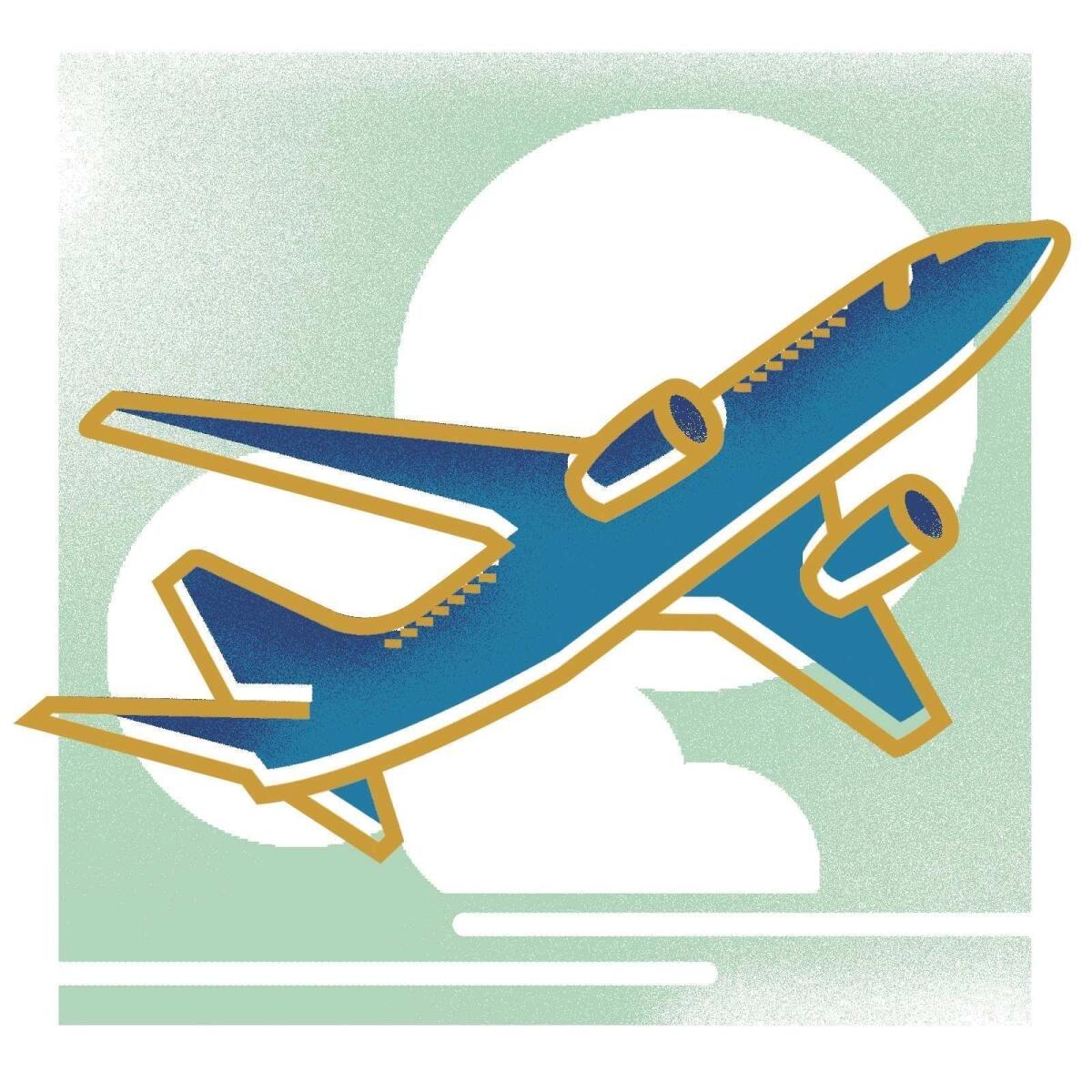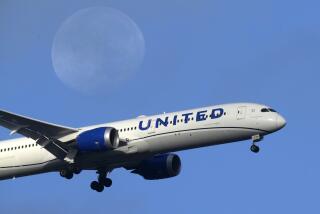No restrictions on airlines changing air-mile programs

Question: US Airways informed me I have to pay $9 to keep my miles or they will disappear. I question the legality of this in California. Gift cards aren’t allowed to expire (at least, in California). Aren’t these the same thing? It really is just a cheesy, cheap way to get more money flowing in, as most customers who honestly earned their miles will slam the receiver down in frustration because the number to call is perpetually busy and then disconnects you. Those customers will chalk it up to another experience in the business of America today — and lose their miles.
Kurt Sipolski
Palm Desert
Answer: Making a traveler pay a maintenance fee for miles may not be customer-friendly, but it isn’t illegal, said Adam Anolik, a travel attorney and president of Anolik Law Group in Sausalito, Calif.
Awards points “are not actually considered a gift card or certificate,” he said. “It’s a promotion program, and you’re not paying directly for the miles.” As a result, the airlines “can … pretty much set whatever terms they want to.”
And in the case of the airlines, any terms they need to.
In the last several weeks we’ve seen the upcoming or already implemented devaluation of miles at Delta, Southwest and United; other airlines probably will follow suit.
On the heels of that, Delta fanned the fire when it changed its frequent-flier program to award points based on the ticket price and not the miles flown as well as your status on Delta. Mere mortals (a general member) get five points for every dollar spent. If you’re in the top tier, the Platinum Medallion, level, you get nine points for every dollar spent.
Good news if you’re a business traveler with Platinum status, booked a Monday-to-Thursday one-stop flight to Cleveland and can shell out $768 for a ticket. (That’s what I found when I looked Feb. 28 for a flight leaving March 3 and returning March 6 on Delta.) You get 6,912 points. Not such good news if you’re a leisure traveler who has bottom-tier status: You get 3,840.
Brian Kelly, whose website ThePointsGuy.com tracks the ins and outs of loyalty programs, said that although Delta is touting this as a benefit for business travelers, that’s not necessarily the case; they’ll also have to “spend” more for the devalued (and soon-to-be-devalued again) miles for awards seats as they watch other benefits slip away (more to get into the SkyClub lounge, lack of free upgrades for its top-tier fliers on some transcontinental flights). Kelly, who said he “broke up with” Delta awhile ago, urges consumers to vote with their wallets and fly the airlines that value their customers.
That may not be as easy as it sounds (and, in fact, some would say impossible) because every airline with a loyalty program is in the same boat, and experts think it’s just a matter of time before everyone’s perks start to fade.
Why?
Jeff Berry, research director for Colloquy, which studies, analyzes and writes about awards programs, provided this stunning statistic: Every year, $17 billion worth of travel points are issued. Although he and his researchers haven’t calculated how many flier miles are floating around, he estimated that it is in the hundreds of billions.
Now you know why it’s so difficult to book an awards seat, especially when you also consider how jammed airlines are.
That’s not good news for the airlines. It’s not good news for the business traveler. And it’s really terrible news for the leisure traveler, who has traditionally saved miles in order to splurge.
Next week: What airlines could do to reward their customers, and why the leisure traveler is in for an even bumpier ride with the airlines.
Have a travel dilemma? Write to travel@latimes.com. We regret we cannot answer every inquiry.
More to Read
Sign up for The Wild
We’ll help you find the best places to hike, bike and run, as well as the perfect silent spots for meditation and yoga.
You may occasionally receive promotional content from the Los Angeles Times.







